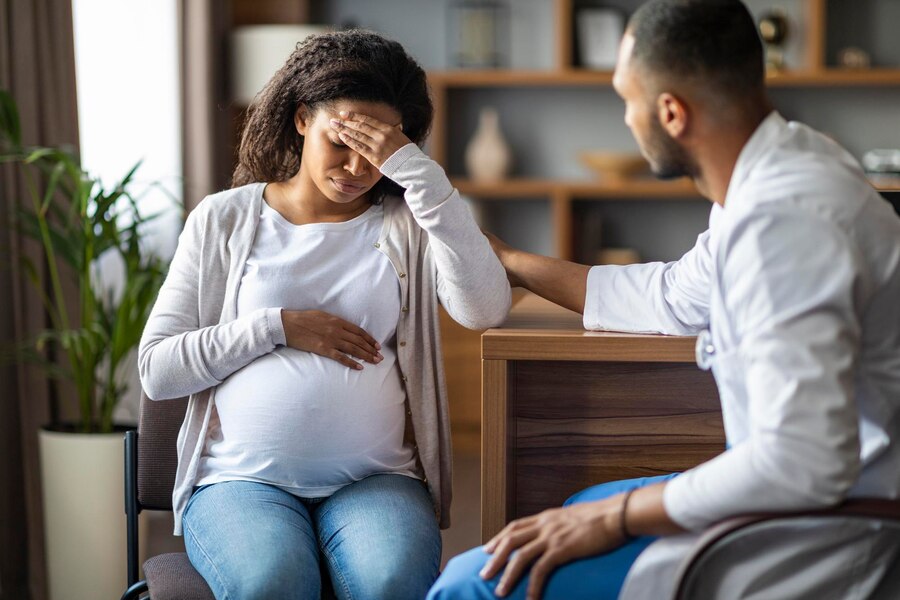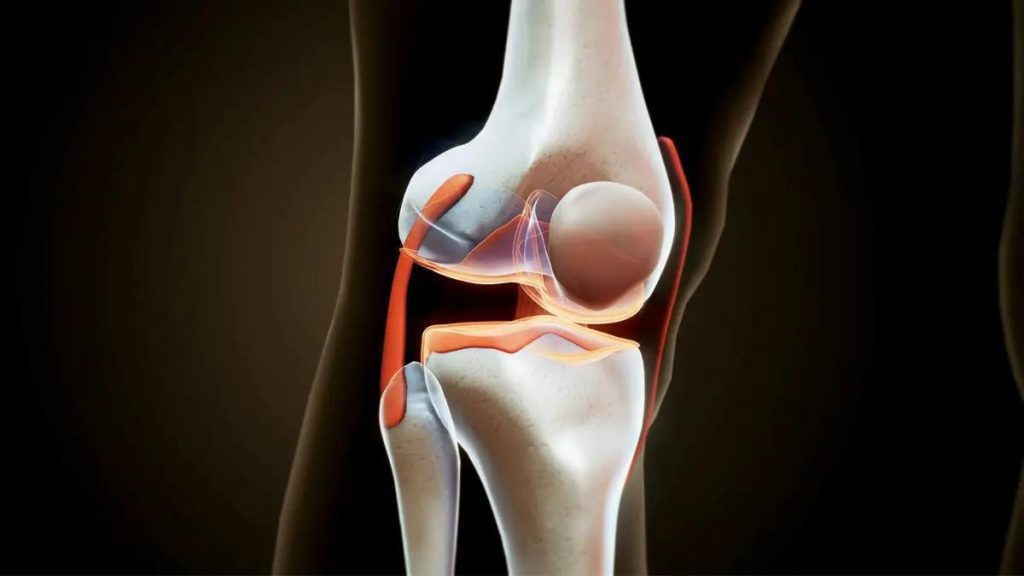Antidepressants are a vital treatment for various types of depression, but their use during pregnancy involves weighing risks and benefits. Understanding the nuances of antidepressant use during this critical period is essential. Here’s what you need to know.
Table of Contents
Why Treating Depression During Pregnancy Matters
Untreated depression during pregnancy can lead to inadequate prenatal care, poor nutrition, and difficulties in self-care, potentially affecting both you and your baby. It also increases the risk of:
- Premature birth
- Low birth weight
- Reduced fetal growth
- Postpartum depression
- Difficulty bonding with your baby
Are Antidepressants Safe During Pregnancy?
Yes, but their use should be carefully considered based on the risks and benefits. While there is a concern about potential birth defects, the actual risk is quite low. It’s crucial to discuss your symptoms and medication options with your healthcare provider to make an informed decision.
If antidepressants are deemed necessary during pregnancy, efforts are made to minimize fetal exposure. This often involves prescribing the lowest effective dose of a single medication, especially during the first trimester.
Other Treatment Options
In addition to medication, talk therapy, particularly cognitive behavioral therapy, can be effective in treating depression during pregnancy. Regular exercise can also help alleviate symptoms, but it’s essential to consult your healthcare provider for guidance on safe exercises during pregnancy.
Antidepressants Considered Safe During Pregnancy
Several antidepressants are generally considered safe options during pregnancy, including:
- Selective serotonin reuptake inhibitors (SSRIs) like citalopram, sertraline, escitalopram, and fluoxetine
- Serotonin and norepinephrine reuptake inhibitors (SNRIs) such as duloxetine and venlafaxine
- Bupropion, although it’s not typically the first-line treatment and may carry a small risk of miscarriage or heart defects
- Tricyclic antidepressants like nortriptyline and amitriptyline, which are considered when other options are ineffective
Risks to the Baby
If you use antidepressants in the last trimester, your baby may experience short-term withdrawal symptoms after birth, such as jitters, irritability, and feeding difficulties. However, stopping medication near the end of pregnancy does not necessarily lower these risks.
Other Considerations
The link between antidepressant use during pregnancy and the risk of autism spectrum disorder is unclear, with most studies showing a very low risk or no risk at all. Some antidepressants have also been associated with a higher risk of gestational diabetes, although more research is needed to confirm these findings.
Switching Antidepressants
Whether to continue or change your antidepressant depends on the effectiveness of your current treatment. Discuss your options with your healthcare provider, weighing the risks of changing medications against the potential consequences of uncontrolled depression.
Final Thoughts
If you’re pregnant or planning to become pregnant and struggling with depression, seek guidance from your healthcare team. Together, you can evaluate the risks and benefits of antidepressant use during pregnancy to make the best decision for your long-term health and the well-being of your baby.
Takeaway
- Balancing Risks and Benefits: Antidepressants can be an important treatment option for depression during pregnancy. However, the decision to use them should be made carefully, weighing the risks to the baby against the benefits of treating maternal depression.
- Safety Concerns: While some antidepressants have been associated with a slightly higher risk of certain birth defects, the overall risk is low. It’s essential to discuss any concerns with your healthcare provider, who can provide specific information about the safety of the antidepressant you are taking or considering.
- Alternative Treatments: Talk therapy, such as cognitive behavioral therapy, and lifestyle changes, such as regular exercise and a healthy diet, can be effective alternatives to antidepressants for treating depression during pregnancy. These options should be explored with your healthcare provider.
- Monitoring and Care: If you are taking antidepressants during pregnancy, your healthcare provider will monitor you and your baby closely to ensure that any potential risks are identified and managed. It’s important to attend all prenatal appointments and follow your healthcare provider’s advice.
- Open Communication: If you are pregnant or planning to become pregnant and are struggling with depression, it’s important to communicate openly with your healthcare provider. They can help you understand your treatment options and make informed decisions that are best for you and your baby.
Are antidepressants safe to take during pregnancy?
Generally, antidepressants are considered safe during pregnancy. However, the decision to use them should be based on a thorough evaluation of the risks and benefits by your healthcare provider. It’s essential to discuss any concerns you have to make an informed decision about your treatment.
Do antidepressants increase the risk of birth defects?
While some antidepressants have been associated with a slightly higher risk of certain birth defects, the overall risk is low. Your healthcare provider can provide specific information about the safety of the antidepressant you are taking or considering.
Can antidepressants affect my baby’s development?
There is some evidence to suggest that certain antidepressants may have an impact on fetal development. However, the extent of this impact is not yet fully understood. It’s important to discuss any concerns with your healthcare provider to determine the best course of action for you and your baby.
Are there any alternatives to taking antidepressants during pregnancy?
Yes, there are alternative treatments for depression during pregnancy. Talk therapy, such as cognitive behavioral therapy, has been shown to be effective in treating depression without the use of medication. Lifestyle changes, such as regular exercise and a healthy diet, can also help improve mood and overall well-being.
What should I do if I am already taking antidepressants and become pregnant?
If you are already taking antidepressants and become pregnant, it’s important to speak with your healthcare provider as soon as possible. They can help you weigh the risks and benefits of continuing or discontinuing your medication and develop a treatment plan that is safe for you and your baby.
- About a third of Minnesotans younger than 2 years old are not up to date on their recommended vaccines, according […]
- In a recent episode of actress Julia Louis-Dreyfus’s Wiser Than Me podcast, tennis legend Billie Jean King shared her journey […]
- Public health officials in Brown County are issuing a warning to residents as cases of whooping cough, also known as […]
- Osteoarthritis (OA) is a prevalent condition, often diagnosed through X-rays after the onset of joint pain. However, recent research from […]
- A rare tick-borne disease, Powassan virus, has emerged in Massachusetts, specifically in Sharon, raising concerns among health officials. This report […]








